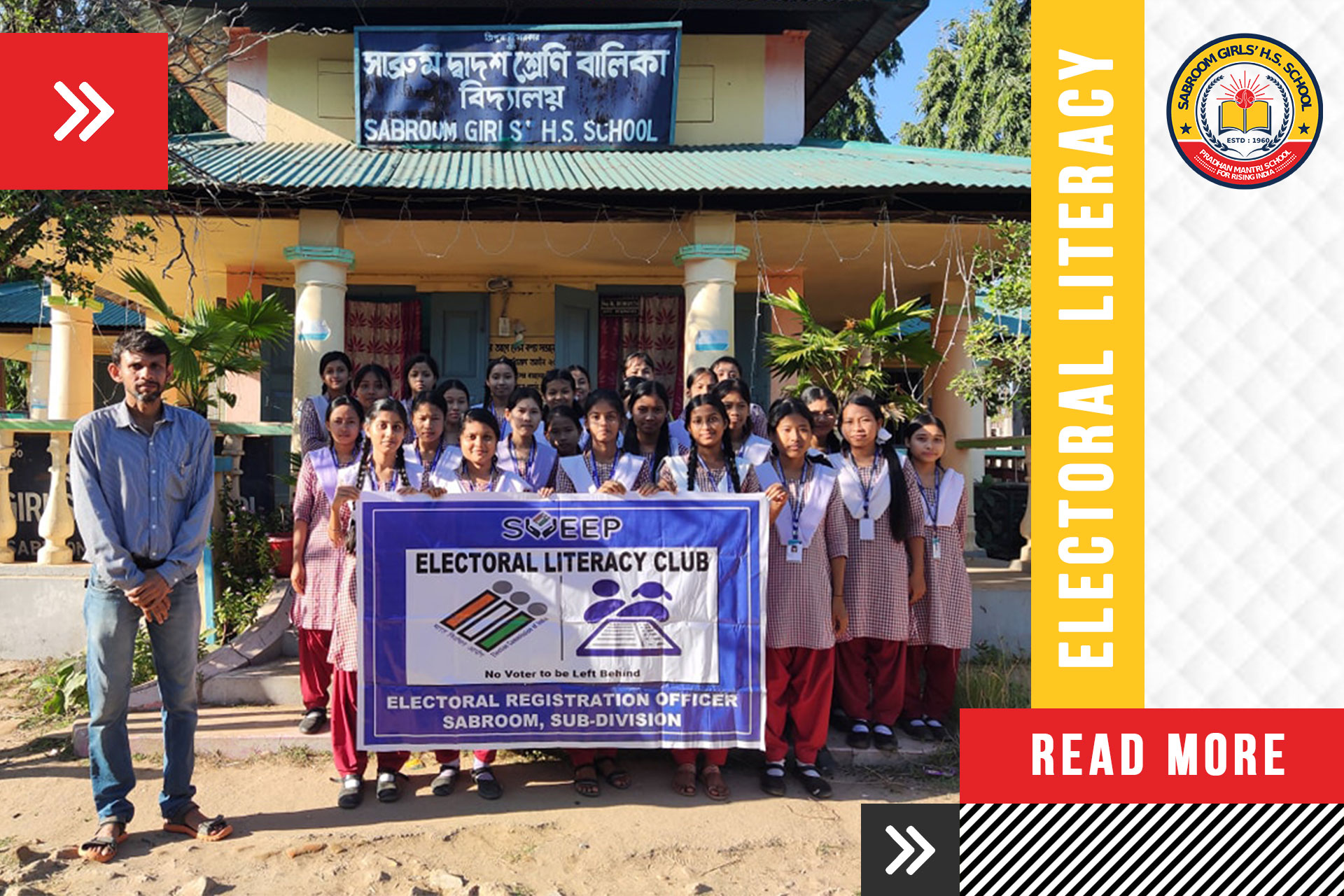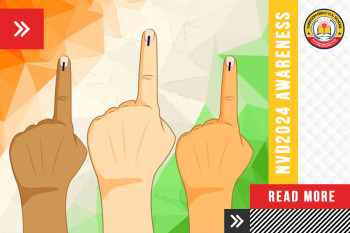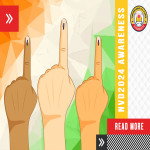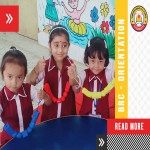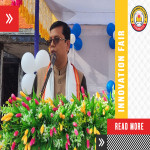Introduction:
In India, the world's largest democracy, the role of informed and responsible citizens is paramount. With a diverse population and a vibrant democratic system, educating youth about electoral processes and civic duties is essential. Electoral Literacy Clubs in Indian schools serve as crucial platforms for nurturing this awareness and fostering a sense of democratic participation among students.
Understanding Electoral Literacy in India:
Electoral literacy in the Indian context encompasses a comprehensive understanding of the electoral system, political parties, candidates, voting rights, and the significance of active participation in democratic processes. Given India's rich democratic heritage, Electoral Literacy Clubs in schools aim to imbue students with these values and prepare them to become conscientious voters and engaged citizens.
Educating Future Voters:
One of the primary objectives of Electoral Literacy Clubs in Indian schools is to educate future voters. By providing students with knowledge about the electoral process, including voter registration, polling procedures, and the importance of exercising their franchise, these clubs empower them to make informed choices during elections and contribute meaningfully to the democratic process.
Promoting Critical Thinking:
Participation in Electoral Literacy Clubs promotes critical thinking skills among Indian students. Through discussions, debates, and interactive sessions, students learn to analyze political issues, evaluate different viewpoints, and form independent opinions based on facts and evidence. This critical thinking ability is vital not only for making informed voting decisions but also for engaging in constructive dialogue and advocating for positive change.
Fostering Civic Engagement:
Electoral Literacy Clubs play a crucial role in fostering civic engagement among Indian youth. By organizing mock elections, awareness campaigns, and community outreach programs, these clubs encourage students to actively participate in civic activities, understand local governance structures, and contribute to the development of their communities. This hands-on experience instills a sense of responsibility and ownership in students regarding their roles as citizens.
Building Leadership Skills:
Participating in Electoral Literacy Clubs helps students in India develop leadership skills. By taking on roles such as club president, event organizer, or spokesperson, students learn to collaborate effectively, communicate persuasively, and take initiative in driving positive change. These leadership experiences prepare them to become future leaders who can contribute meaningfully to society and advocate for democratic values.
Creating Informed and Responsible Citizens:
The significance of Electoral Literacy Clubs in Indian schools lies in their ability to create informed and responsible citizens. Graduates of these clubs not only possess knowledge about electoral processes but also exhibit a sense of civic duty, ethical responsibility, and a commitment to upholding democratic principles. They are equipped to participate actively in elections, hold elected officials accountable, and contribute constructively to India's democratic governance.
Conclusion:
Electoral Literacy Clubs play a vital role in shaping the next generation of informed and responsible citizens in India. By educating students about democracy, elections, and civic duties, these clubs empower them to become active participants in the democratic process and contribute positively to the nation's progress. As India continues to strengthen its democratic institutions, nurturing electoral literacy among youth is key to building a brighter and more inclusive future for all.
